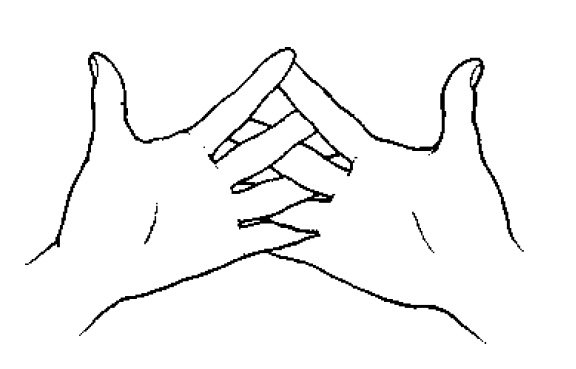What’s your training?
Such a good question! I began my career as a yoga teacher with an interest in chronic pain. I went on to earn a doctorate in occupational therapy, and specialized my studies in pelvic floor rehabilitation. My doctoral thesis was entitled “Yoga for Chronic Pelvic Pain”.
I have been treating folks with chronic pelvic pain since 2016 and have been in private practice since 2018 as a pelvic floor therapist.
In 2023, I began coaching clients with persistent pelvic pain that did not respond to traditional pelvic floor therapy. I started getting incredible results.
I have additional training in craniosacral techniques, yoga, and am currently earning an advanced practitioner certification in Pain Reprocessing Therapy. You can see the full list of continuing education in my about page.
If I’m being real, so much of my expertise comes from my own experience regulating my complicated body and nervous system. Since I was a child, I was diagnosed with mystery “psychosomatic” illnesses, which I later deemed “hysterical woman syndrome”. As an adult, I’ve struggled with autoimmune illness and balancing motherhood, trauma recovery, and prioritizing my own wellness.
I have seen first-hand, both in my own body and as a clinician, the power of using the right tool at the right time. I believe in using both more concrete therapies, like Pain Reprocessing Therapy, for neural retraining, as well as somatic techniques, for an individualized, holistic approach.
I strongly believe in an experiential expertise. Over the last two years, I’ve immersed myself in exploring nervous system regulation and somatic movement. I began developing The Slow Work, a movement system based on integrating primitive infant reflexes and marrying breath to movement, in early 2024.
How is this different than traditional talk therapy?
I am not a psychotherapist. I am, however, a licensed and trained occupational therapist. Occupational therapists are trained in a biopsychosocial approach, meaning that biomechanical, psychological, and social context is all considered when supporting recovery.
Chronic pain recovery coaching is a service that encompasses the neurological, physical, and emotional components that contribute to a pain experience.
We’ll explore physical contributions to pain, but we’ll anchor to recovery from a nervous system perspective. How has the brain sensitized, meaning that is has become physically more sensitive to sensations that it deems unsafe, and therefore painful? What are any the beliefs around the body and any illnesses or injuries? What are the feelings, and how can we use movement to begin to feel, experience, and move through them?
My goal is to teach tools that work for you, whatever they may be. This creates a shared goal of sustainable recovery that ultimately comes from the client’s own strengths.
Will I still need a talk therapist and/or rehab specialist on my team?
This is totally up to you!
As described above, chronic pain recovery coaching is different than talk therapy. You may want to have a talk therapist on board, or you may find that coaching meets your unique needs at this time.
Similarly, while my coaching may include movement modalities and recommendations, it does not take the place of traditional pelvic floor therapy, and does not include manual therapy.
I encourage all clients to support themselves as they see fit. While many folks find that coaching is “the missing piece” in their care, everyone is different and requires different levels of support at different times.
I am always happy to offer my clinical opinion on this matter when asked, with the caveat that I always defer to client judgment.
